
WE DO SMALL BUSINESS
AND FRANCHISE FUNDING
GET YOUR VENTURE FUNDED TODAY!
-
As an industry-leading Third-Party Administrator, we specialize in Rollover as Business Startup (ROBS) plan design, installation, and administration. This strategy allows you to use your existing pre-tax retirement account(s) to invest in a business – your new business or franchise! ROBS allow you to buy stock in your new company, tax-deferred and penalty-free—all while helping you start a debt-free business!
-
The Small Business Administration (SBA) offers various loan programs to support small businesses and franchises, providing access to capital that might be challenging to obtain through traditional lending. SBA loans, whether through the Express Loan Program for faster access to smaller amounts, the standard 7(a) Loan Program for a wide range of substantial business needs, or the 504 Loan Program for fixed asset purchases, offer crucial financial support to small businesses. Each program caters to different needs and provides flexibility and access to capital that can help businesses grow and thrive.
-
Unsecured funding represents a flexible financing option, offering capital without the need for collateral. It provides entrepreneurs with the financial freedom to pursue growth opportunities without risking personal or business assets. While typically carrying higher interest rates and terms of up to seven years, unsecured loans grant businesses the agility to seize opportunities and navigate cash flow challenges.
-
Leasing is an excellent funding option for small businesses and franchises, offering lower upfront costs and flexible terms to help you access the latest equipment and technology. With leasing, you can preserve your working capital while ensuring your business has the tools it needs to grow and succeed.
SERVICES
FRANCHISES WE HAVE FUNDED:
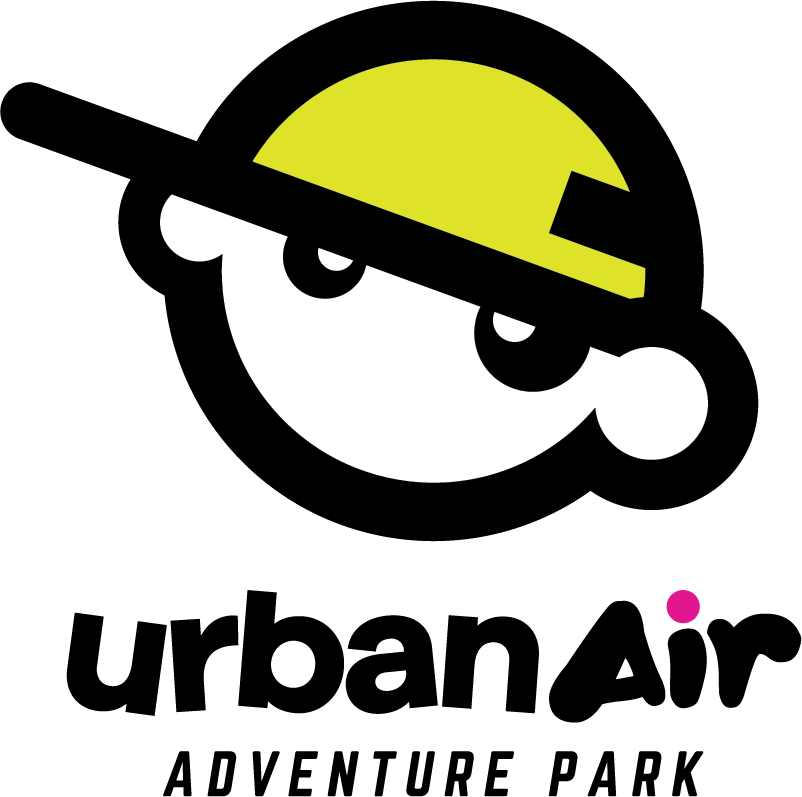
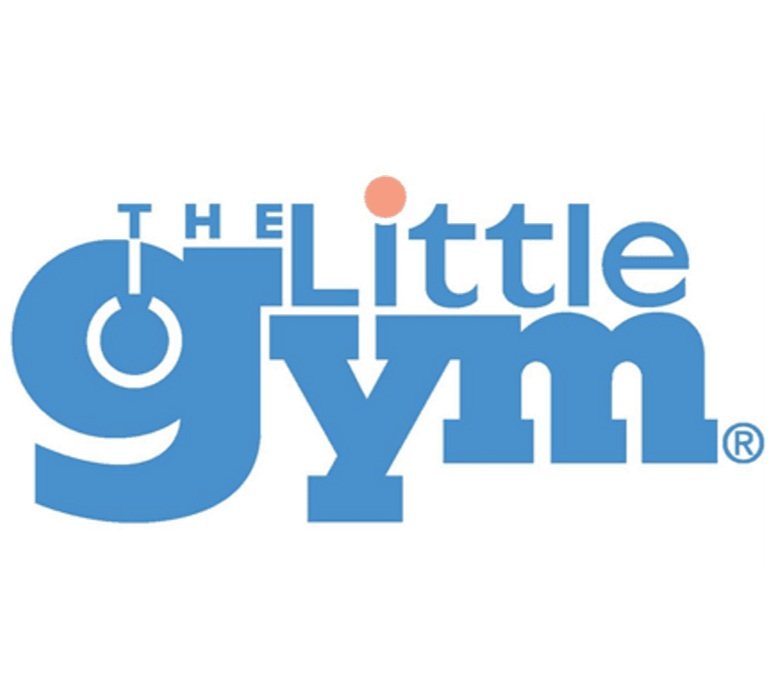
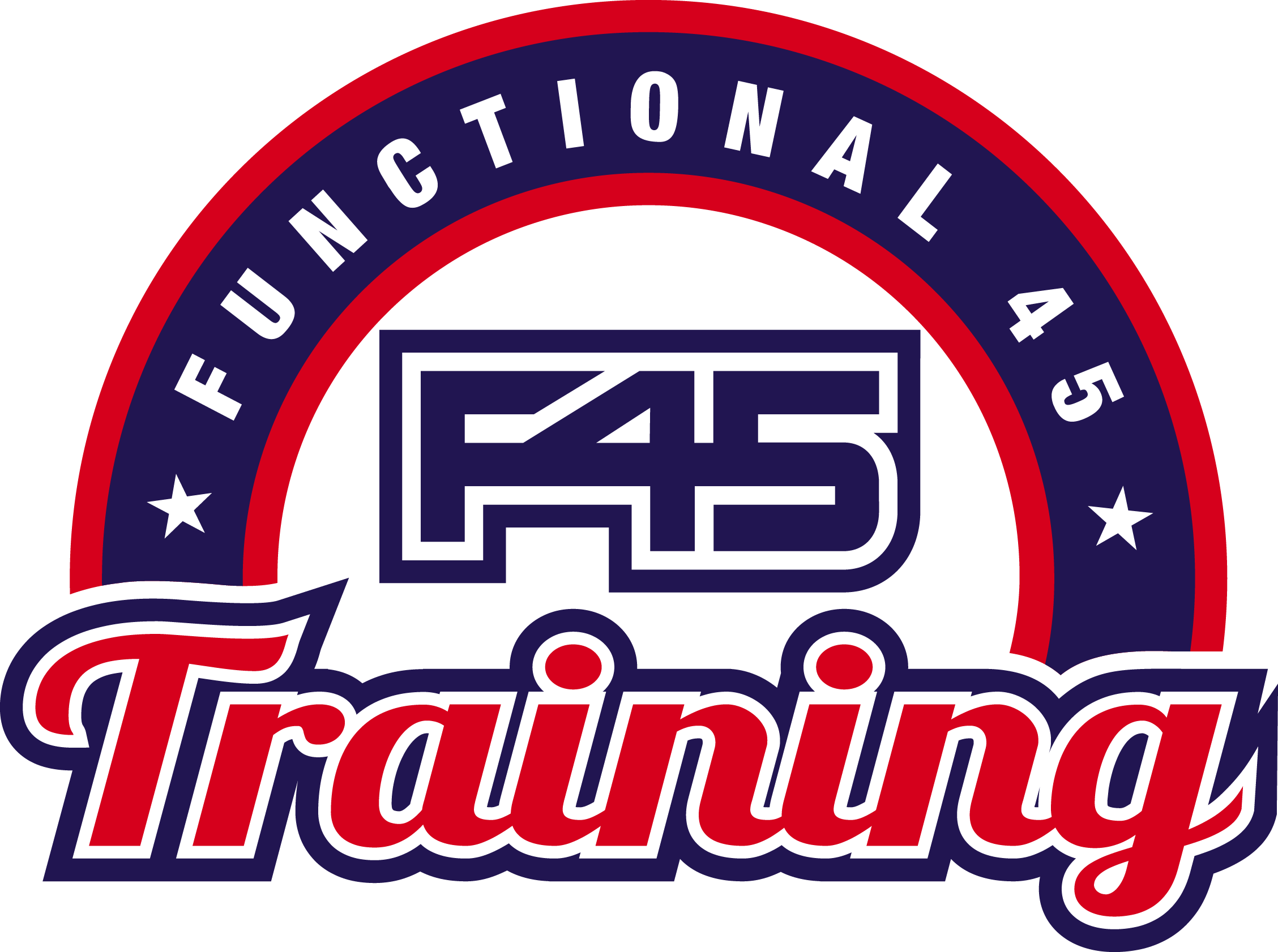
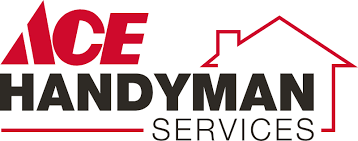
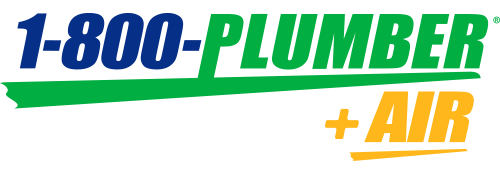
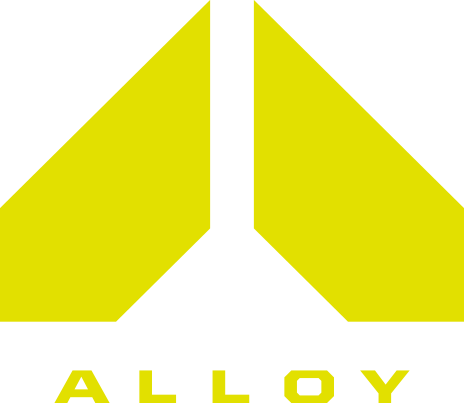
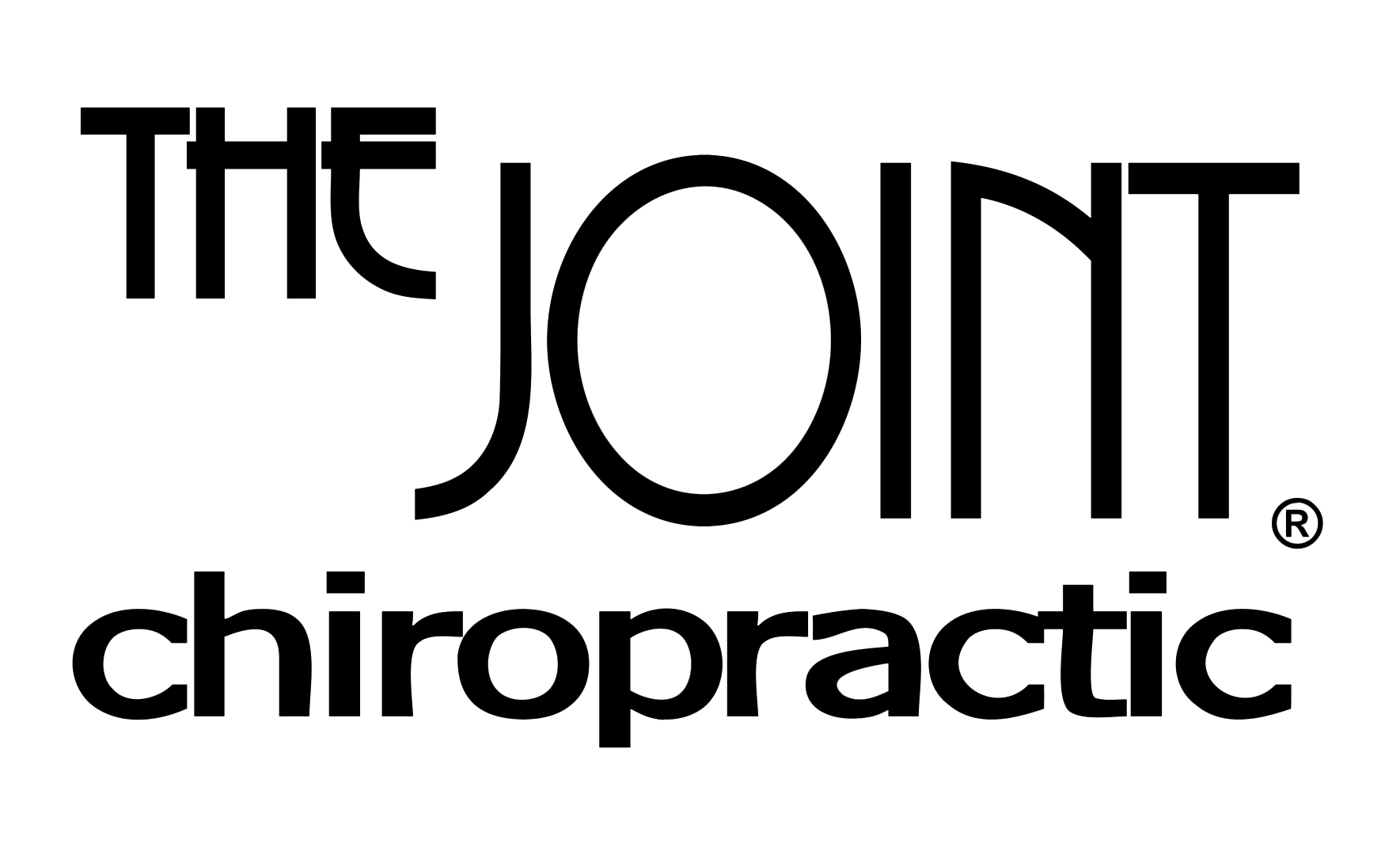
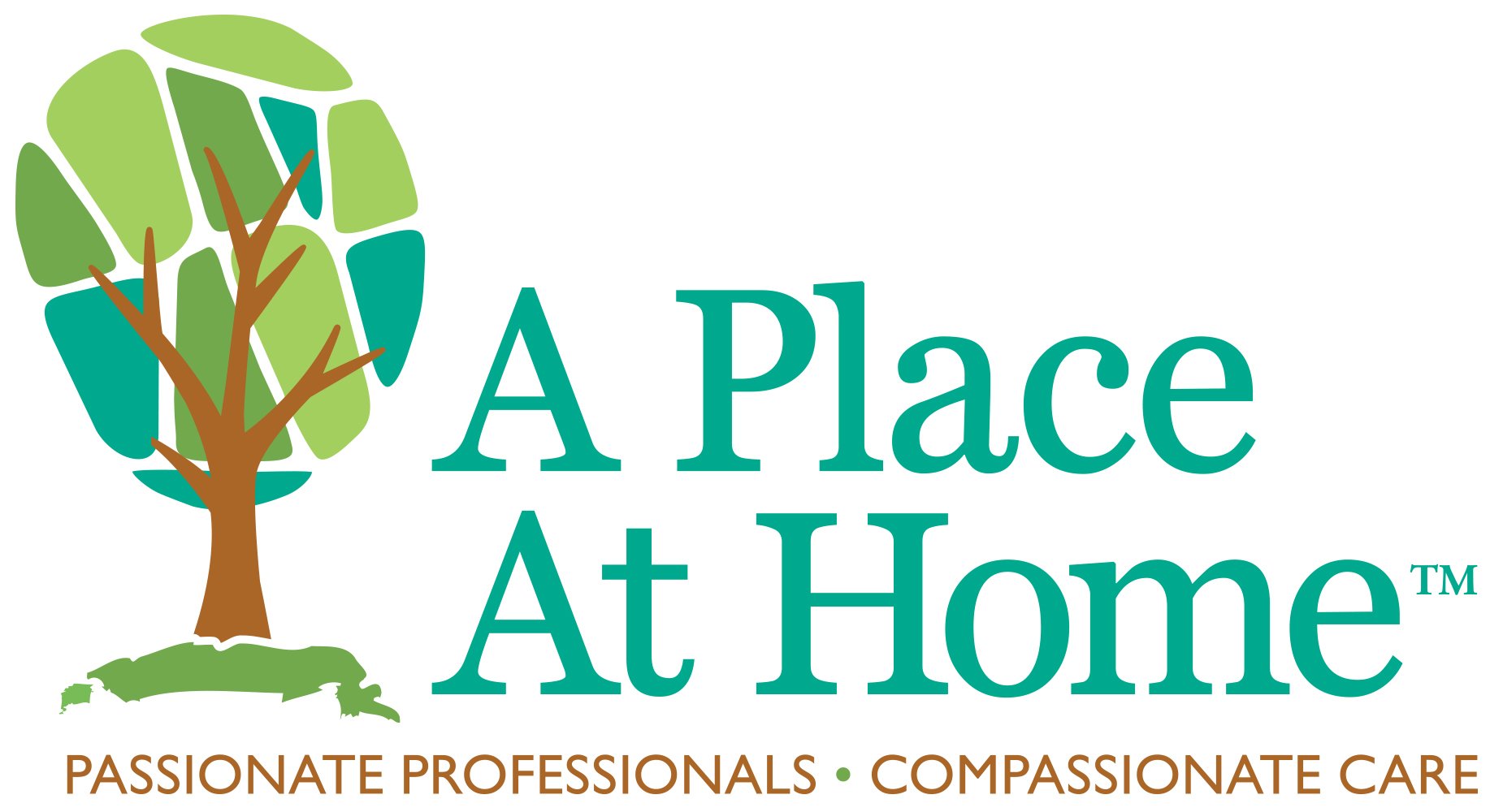

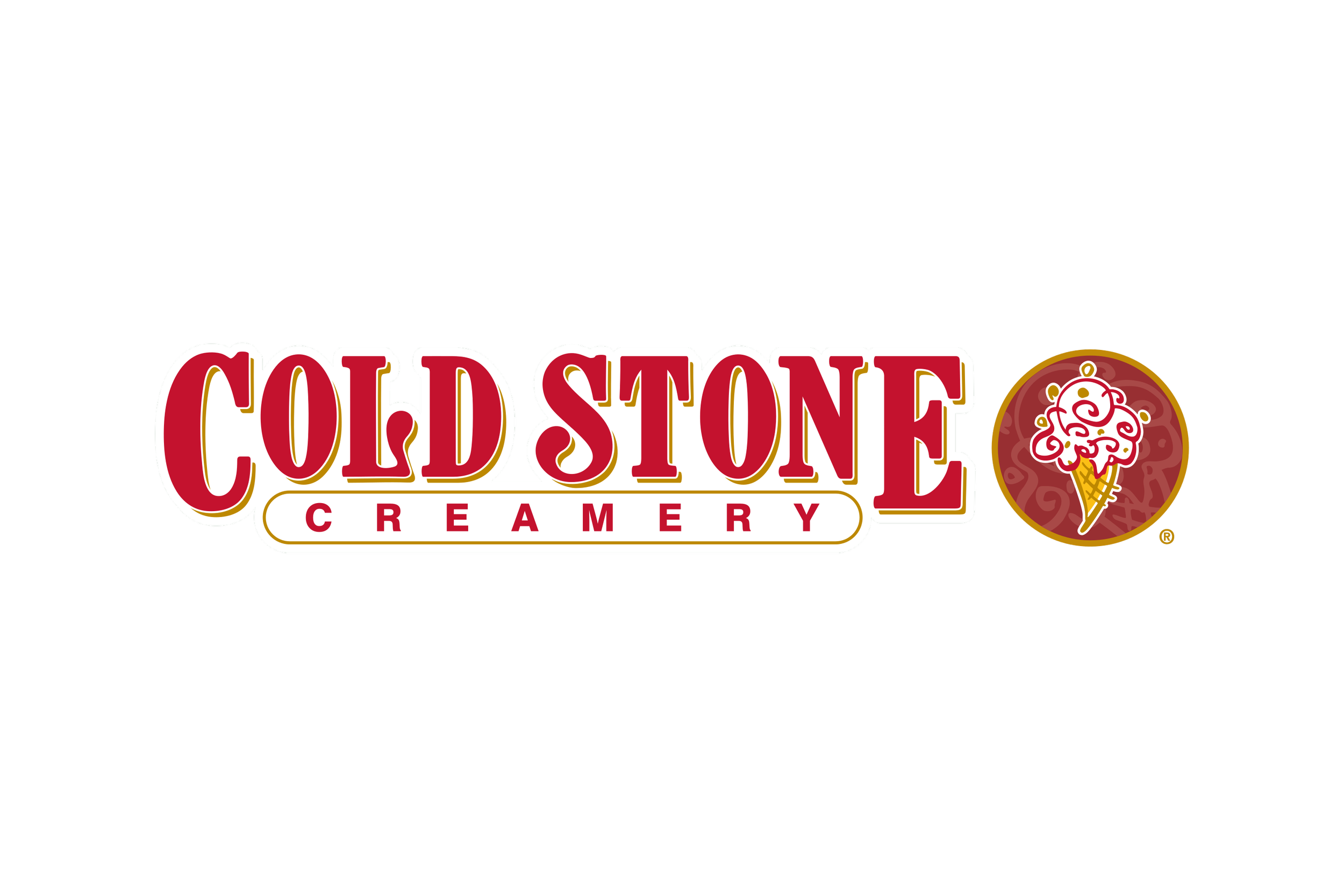
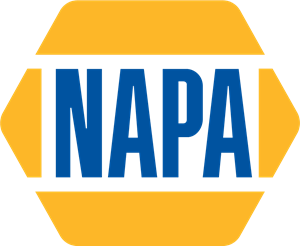
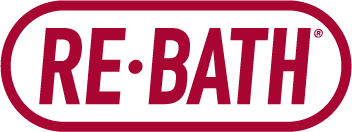
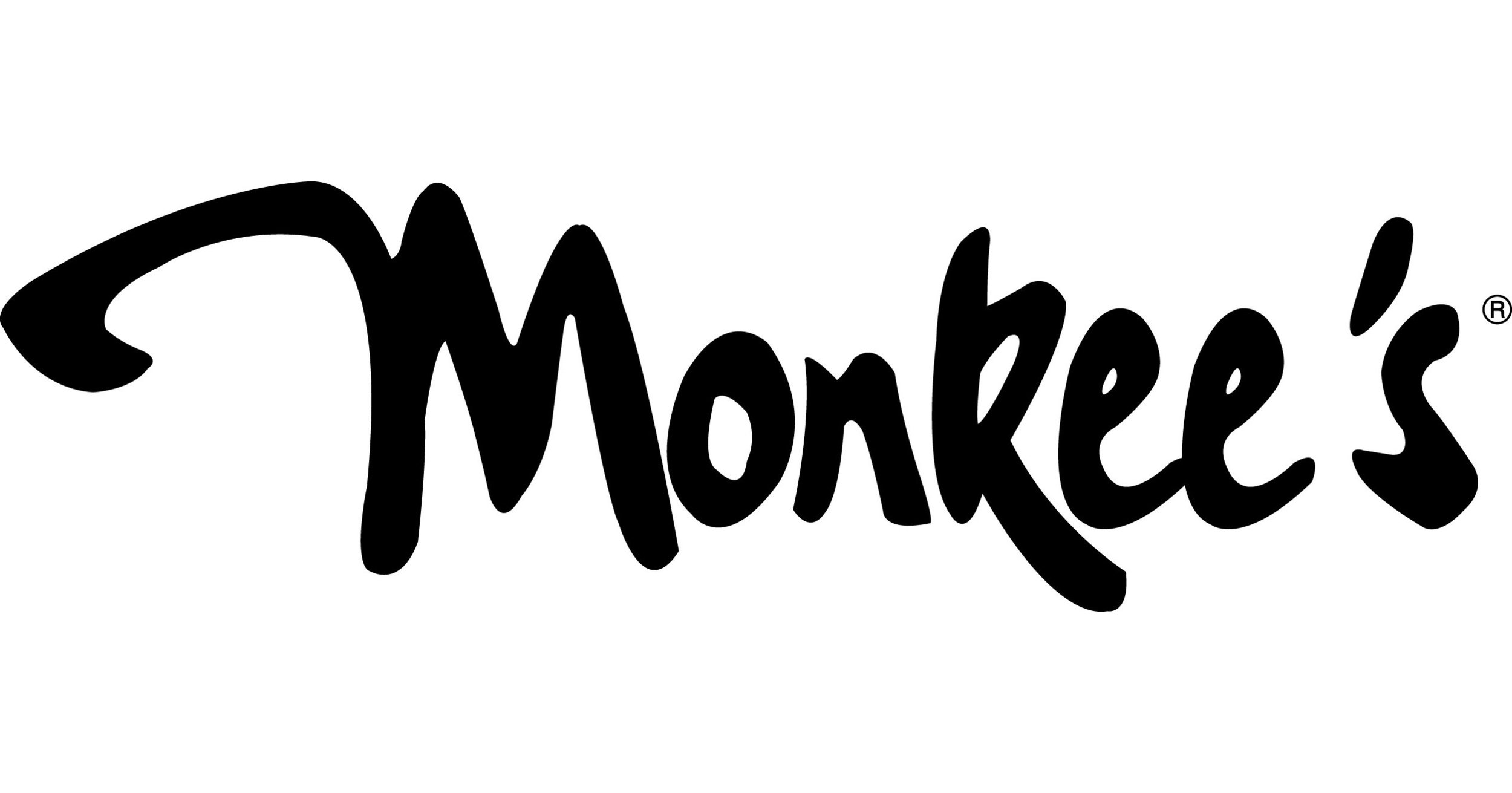

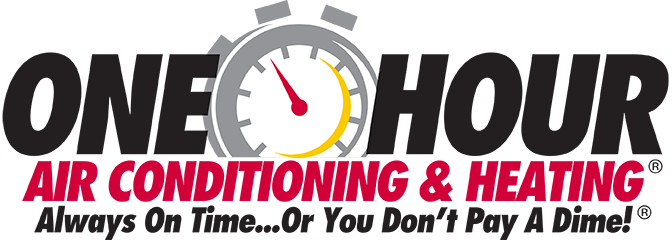
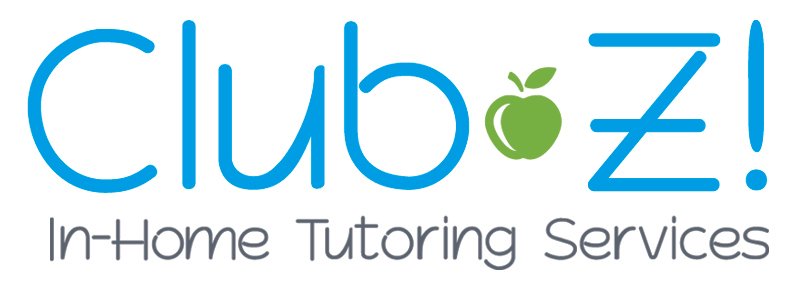
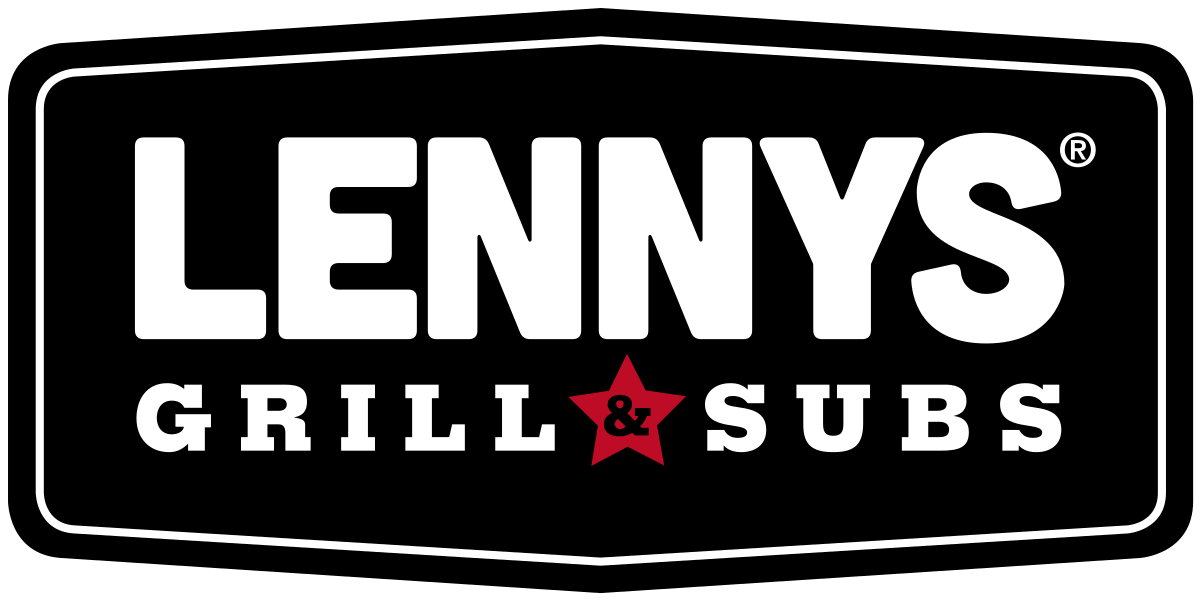


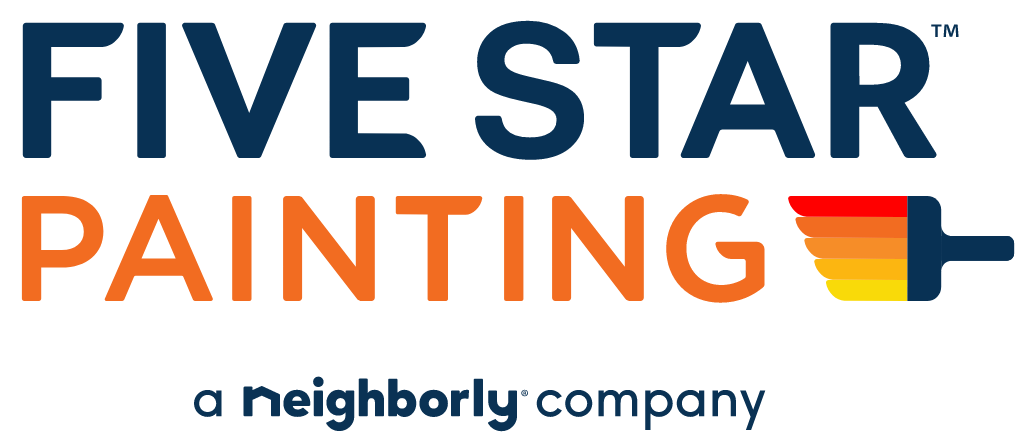





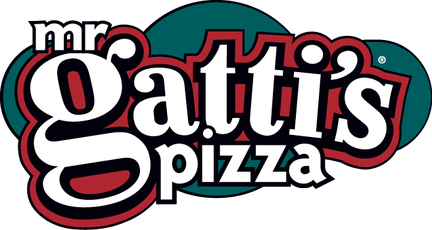

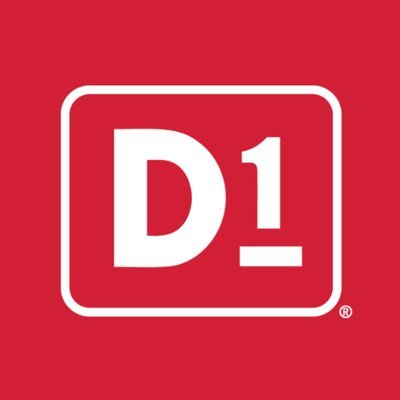
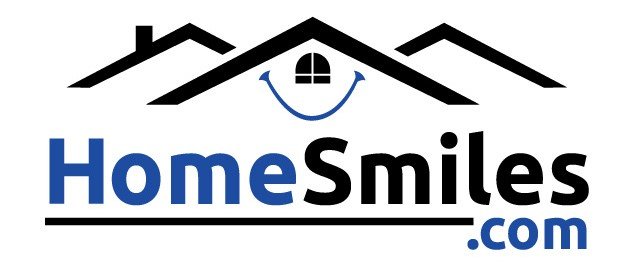

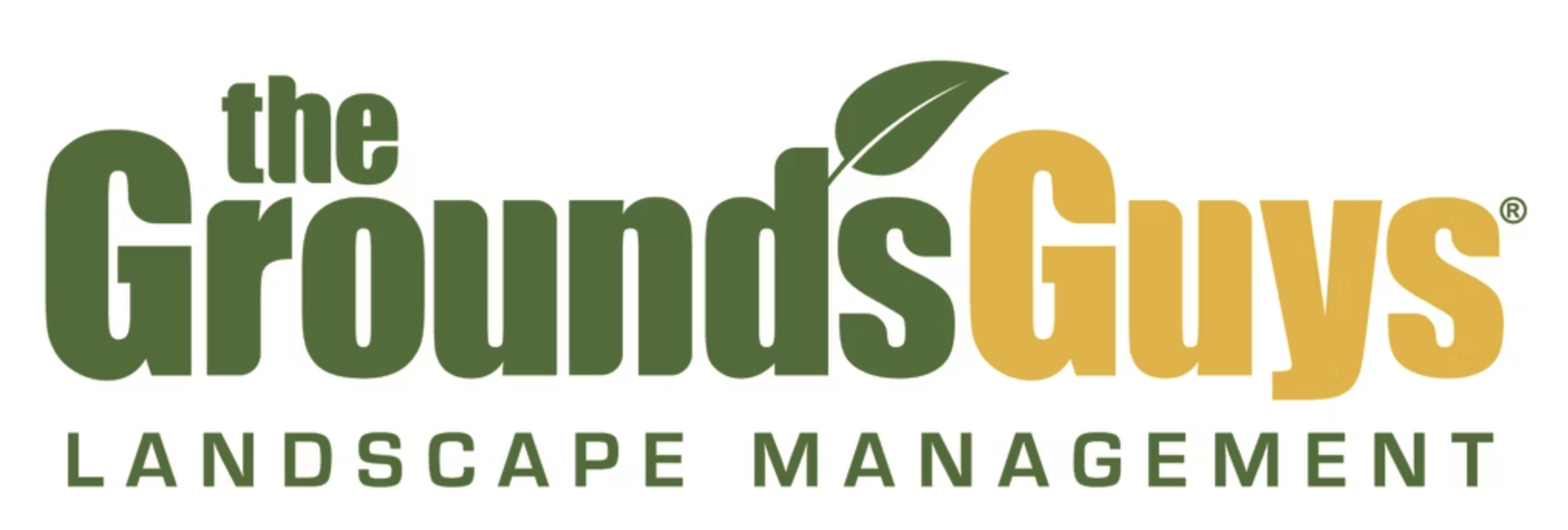
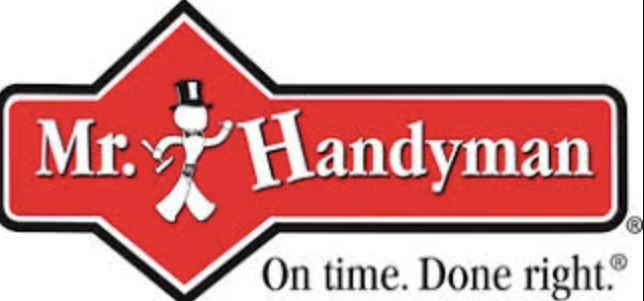
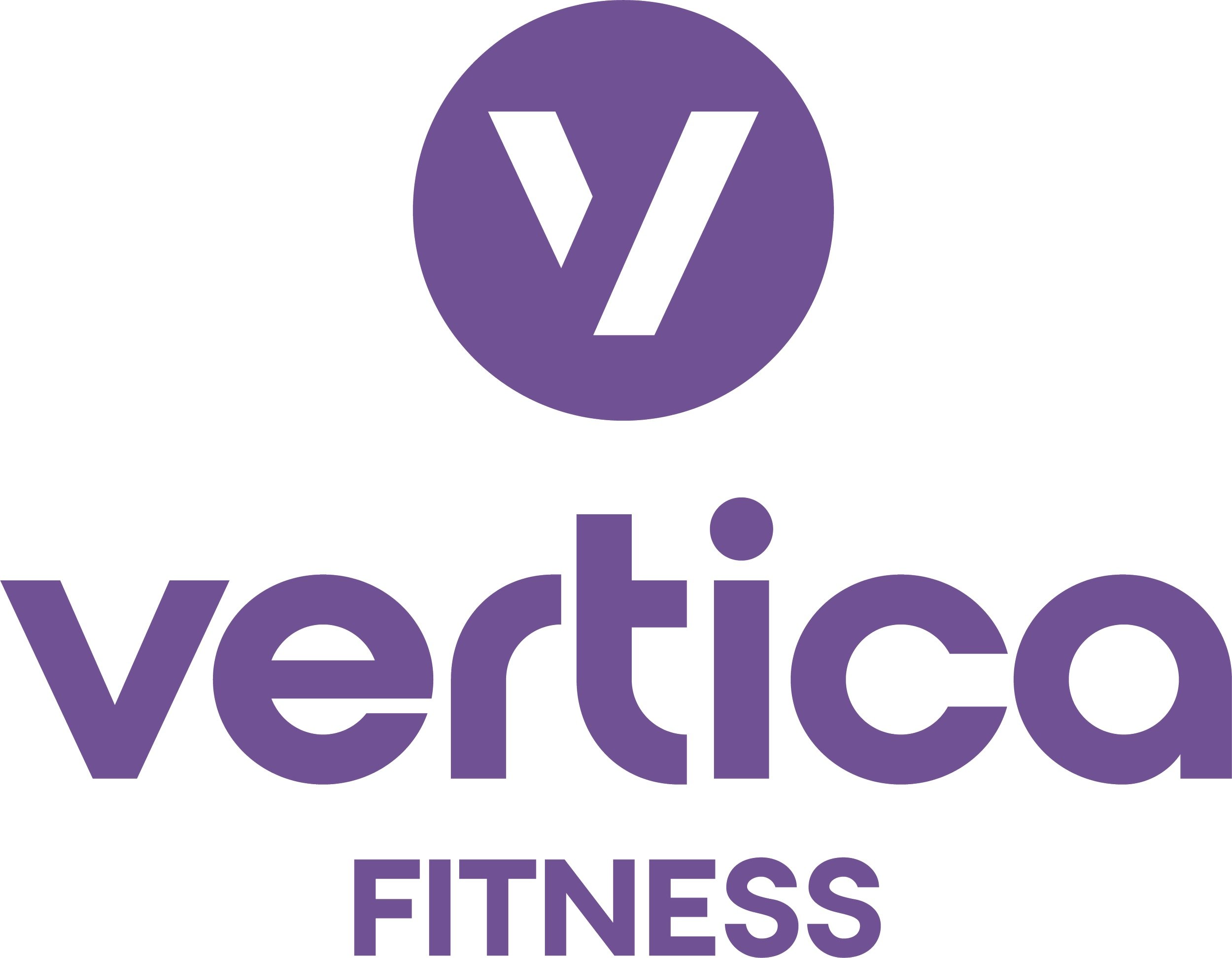
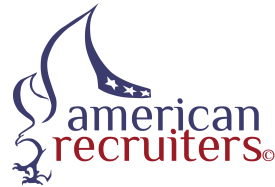
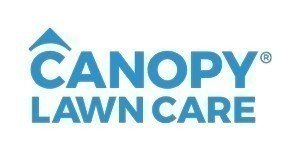




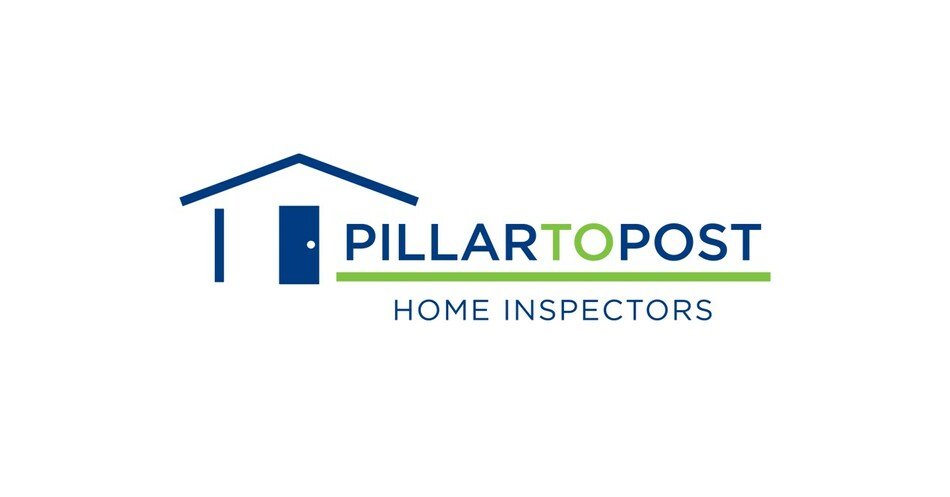
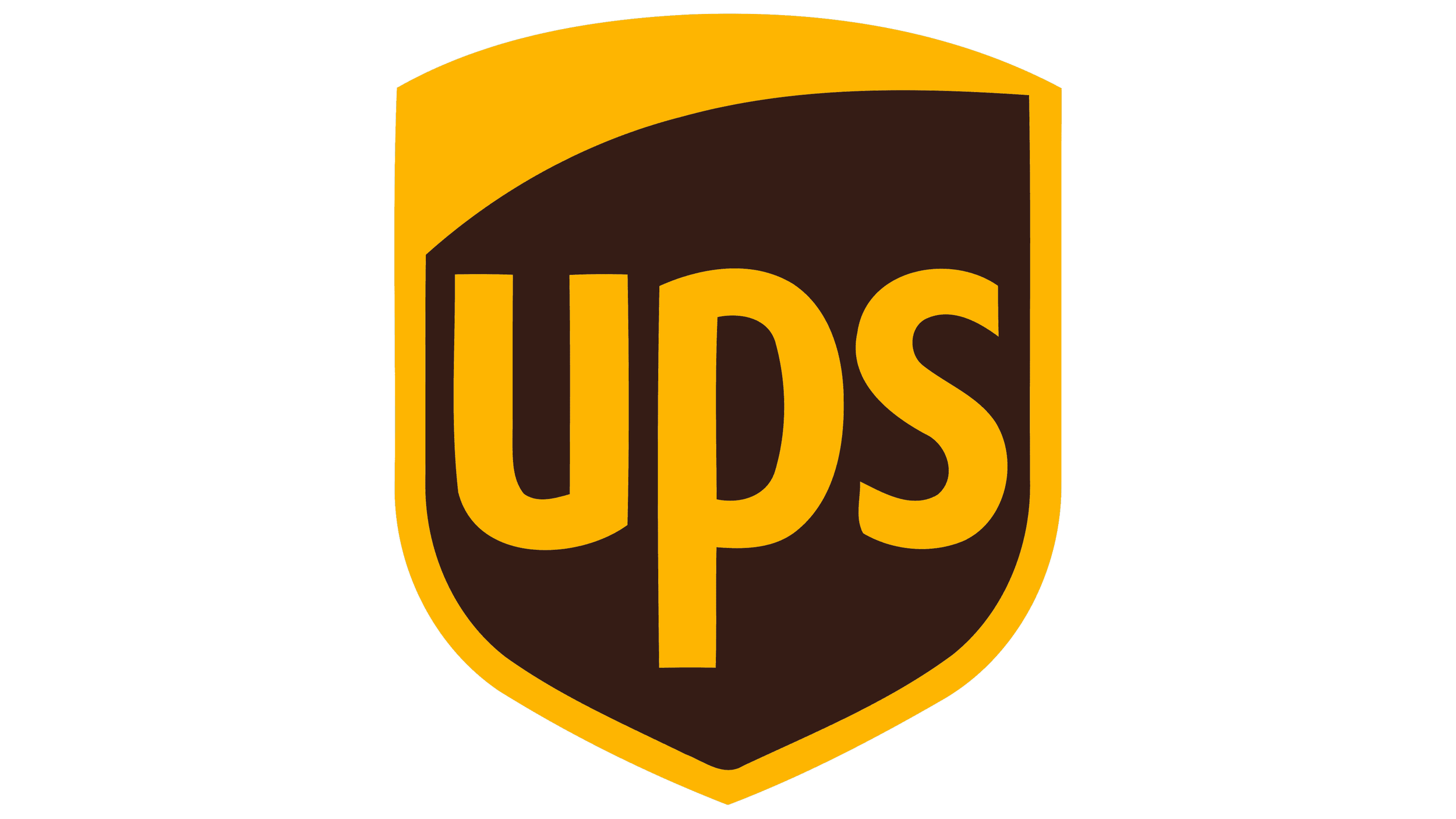

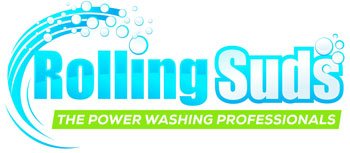
WHAT PEOPLE ARE SAYING ABOUT US

